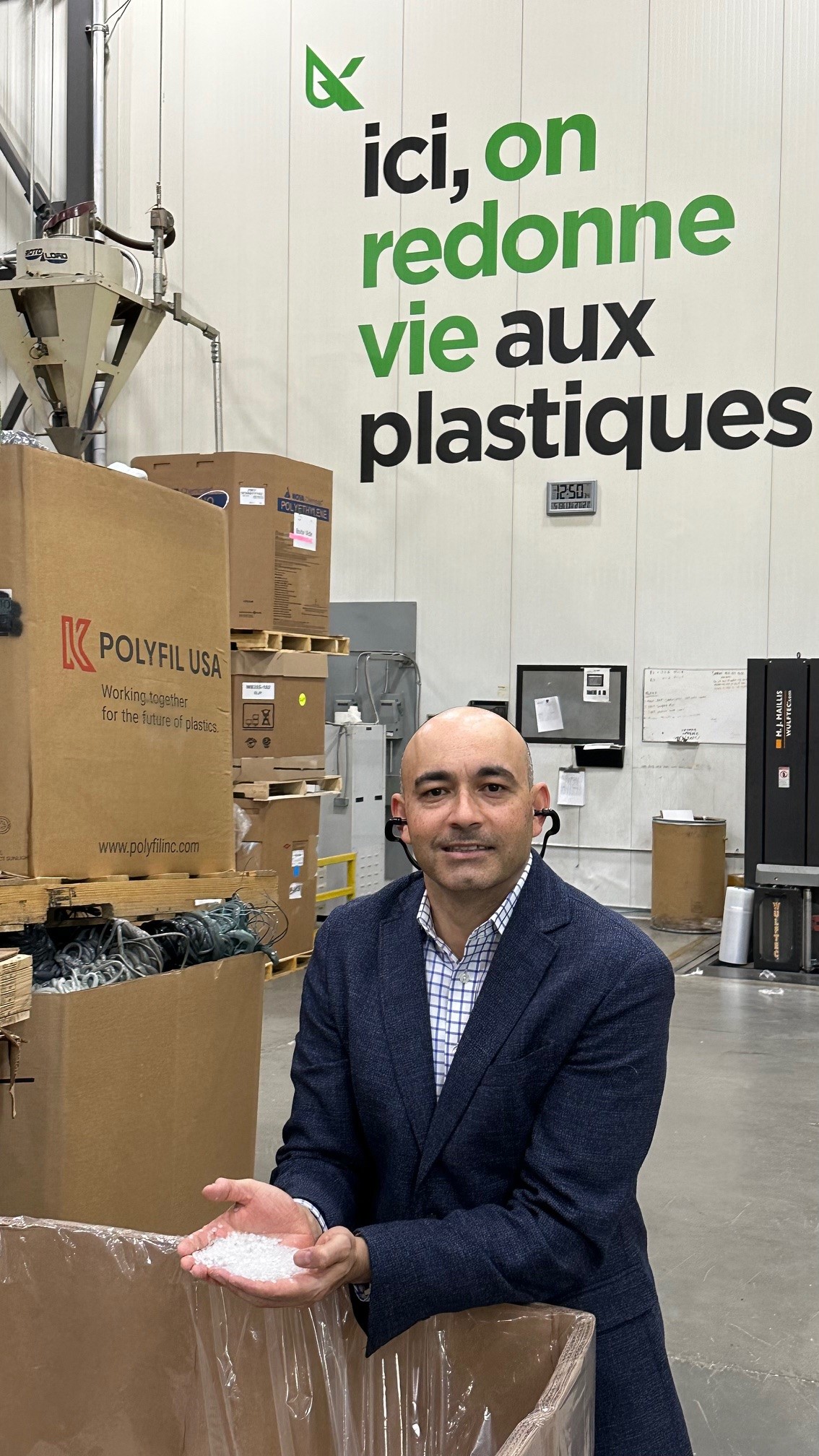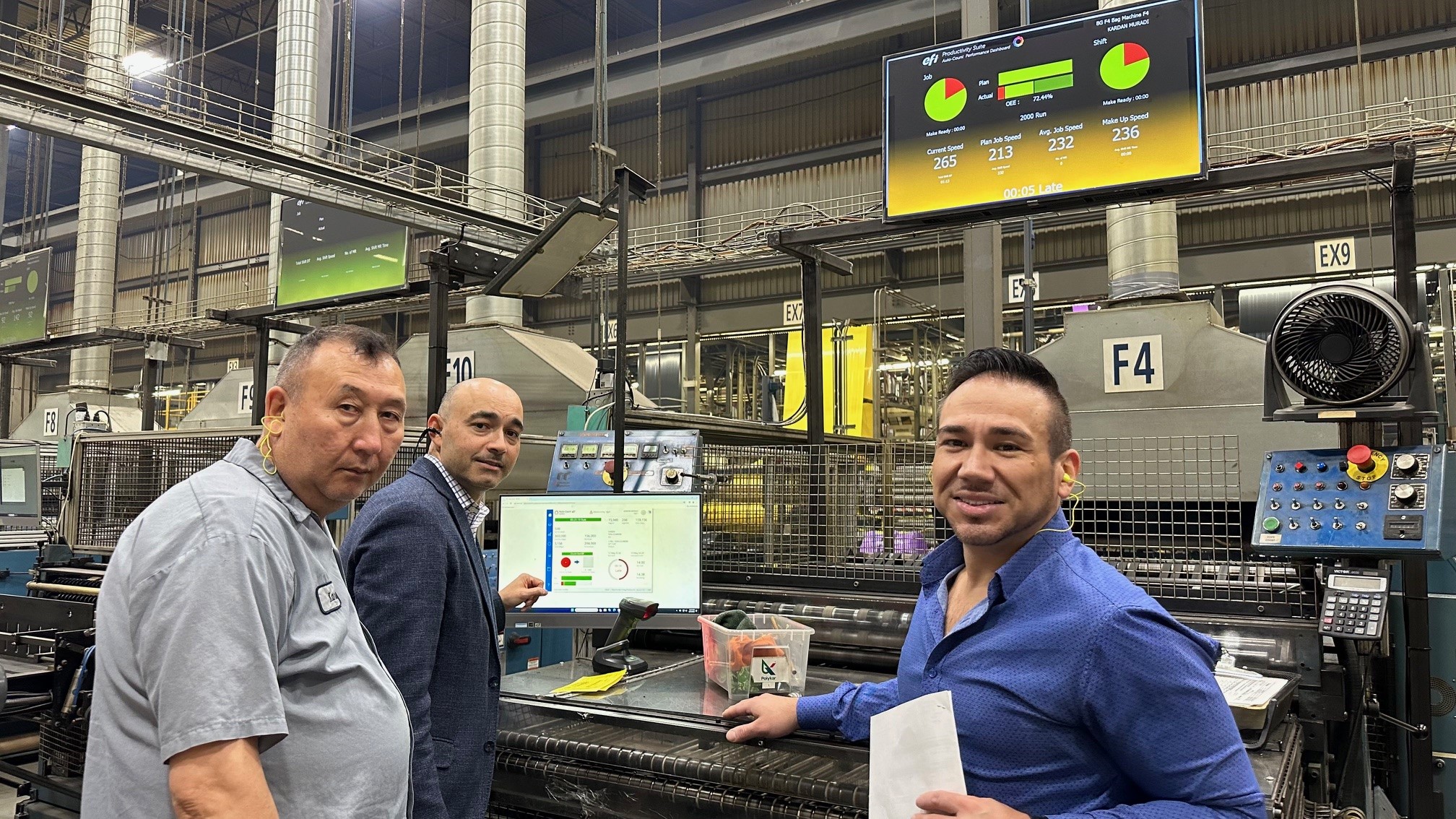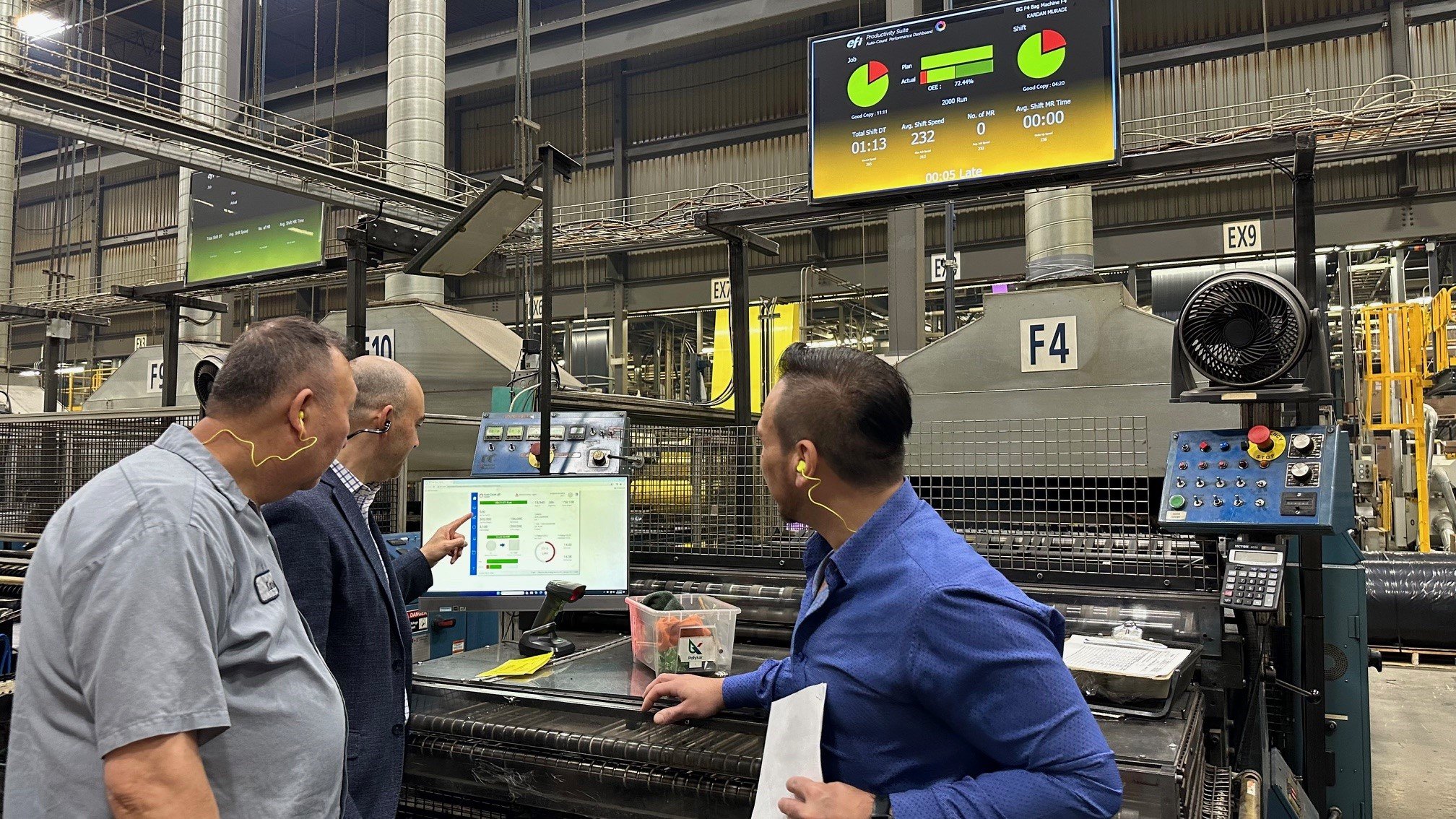In the dynamic world of finance, few stories embody resilience and adaptability quite like Allan Wood's journey. Once a senior auditor at BDO, Allan has navigated a remarkable path, now serving as the CFO of Polykar Inc., a BDO client at the forefront of sustainable plastics manufacturing.
Delve into his inspiring story, showcasing how he navigated career shifts, embraced change, and ultimately found himself coming full circle with BDO – this time, as a sustainability champion.
Allan Wood (AW): My professional journey started from the shores of Australia, as a Chartered Accountant (CA), immersing myself in the financial intricacies of independent and private schools. My curiosity and ambition then steered me towards Canada in 2011, marking the beginning of a new and exciting chapter.
In Canada, I joined an audit firm, which later merged with BDO. This merger was a pivotal moment for me, as I stepped into a senior role to spearhead the implementation of the BDO methodology across all our audit files.
My encounters with clients from various industries were enlightening, but the manufacturing sector truly captivated me. This fascination led me to Polykar Inc. in 2016, where I assumed the role of CFO.
My adventure didn't stop there; in 2018, I transitioned to the role of COO to improve operational efficiencies and implement an ERP system. After successfully stabilizing the business and overseeing the opening of a second plant in Edmonton, I returned to the CFO role. I'm now focused on expanding and driving profitability for the company in North America.

Q: Did your BDO experience offer valuable insights or solutions for challenges at Polykar?
These discussions profoundly shaped my leadership style at Polykar. Navigating industry challenges demanded more than skill – it required tenacity.
I had to broaden my scope of understanding the fundamentals of running a business by learning and involving myself in all aspects of its operations. I had to make decisions at the floor level that would ultimately pay dividends at the financial and strategic level of the business.
About five years ago, I participated in creating Polykar's strategic roadmap, a critical undertaking that, leveraged insights into financial and operational opportunities.
We outlined goals and established a clear path to success. With those objectives accomplished, we are now focused on crafting our next strategic plan. I am proud of what I have accomplished at BDO and now Polykar.
Q: In your current role as CFO, how do you balance financial considerations with sustainability goals? How do they intersect, and how did you navigate the decision-making process?
AW: Manufacturing sustainable flexible packaging solutions presents a cost-benefit challenge. The upfront investment is high, optimizing production for new materials can initially decrease efficiency, and return-on-investment timelines may lengthen. That is why careful cost management and close monitoring of productivity are crucial.
I established precise cost parameters for each SKU, considering raw materials fluctuations, labour, and machine costs. Pre- and post-production cost analysis is vital for maintaining profit margins, especially when introducing sustainable alternatives. This analysis enables us to understand product cost structures and position them competitively in the North American marketplace.
Q: How did your interest in the manufacturing industry transition to sustainability?

My approach has always been proactive; leading by example, we've positioned ourselves at the forefront of the sustainability movement. We've implemented restrictions that go beyond current regulations, anticipating the trajectory of potential legislation. Having a seat at the decision-making table is essential for shaping the industry's sustainable future.
Q: How does Polykar lead the way in sustainable packaging?
AW: We are acutely aware of the long after-life of plastics and their impact on our environment. We are committed to sustainable, flexible packaging solutions using a closed-loop manufacturing process. Sustainability is ingrained in our ethos – everything we produce is 100% recyclable or compostable. We also understand that meeting this challenge requires a concerted and coordinated approach with industry leaders, government officials and community representatives.
Polykar diverts 20 million pounds of polyethylene plastics from landfills annually through our on-site recycling at Montreal and Edmonton facilities. These reprocessed resins are then reused in production, creating a circular economic model. This exemplifies one of the numerous instances where Polykar's leadership is evident across strategy, capabilities, and innovation, as well as in our culture, commitment, and strong financial performance.
Since 2021, we have been honoured with the distinguished Canada’s best Managed Companies designation, due to our comprehensive excellence in business operations and continuous growth.
Q: What role do you see finance professionals playing in driving sustainability initiatives within companies, particularly in industries like manufacturing that may have unique challenges?
AW: The North American manufacturing industry faces a perfect storm of labour shortages, high-interest rates, cheap imports, and environmental concerns. Finance professionals have a unique and critical role in navigating this. They must balance ESG with profitability, invest in automation, and maintain strong balance sheets to adapt to changing costs and opportunities. Their forecasting and price sensitivity analysis skills are crucial for increasing market share and ensuring sustainable, profitable solutions.

Q: How has your relationship with BDO changed since transitioning from working in BDO, to now working with BDO?
AW: Since Polykar's establishment in 1987, we've maintained a strong collaboration with partners that are with BDO. Their active involvement and guidance have been integral to our development, fostering a deep sense of trust. My prior experience with BDO facilitated my transition into my current role, aligning me with their methodologies and thought processes.
Join our BDO Alumni program today to connect with fellow BDO Alumni, stay informed about events, learn more about what's happening at BDO, or simply update your information with us.